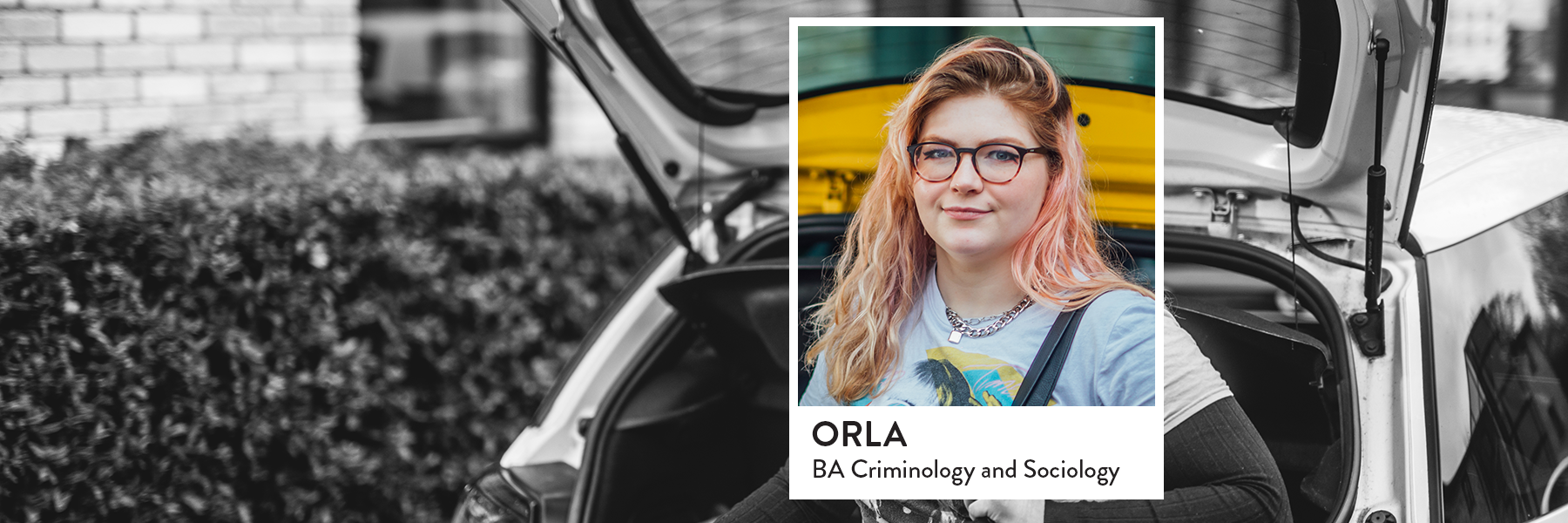Student Stories
"I know there'll be relapses, but I also know that I can make it out the other side"
Therapy has been and will stay a big part of helping me understand my mental health, and how to deal with issues that arise.
Therapy has been and will stay a big part of helping me understand my mental health, and how to deal with issues that arise. Because I know they will. That’s something else that’s important – accepting that there’ll be bad days, maybe relapses, but knowing that I can make out the other side.
I’d experienced depression and anxiety before I came to Queen’s but after I started here some other issues also began to appear. The anxiety attacks intensified to an unbearable degree, where I felt that I was outside my body. I now know this is called dissociation but at the time it was terrifying. I started seeing a counsellor here through Inspire at the Student Wellbeing Centre and I also received some more specialised private therapy through my GP.
A diagnosis isn't a goal in itself, but it gives you something to work with
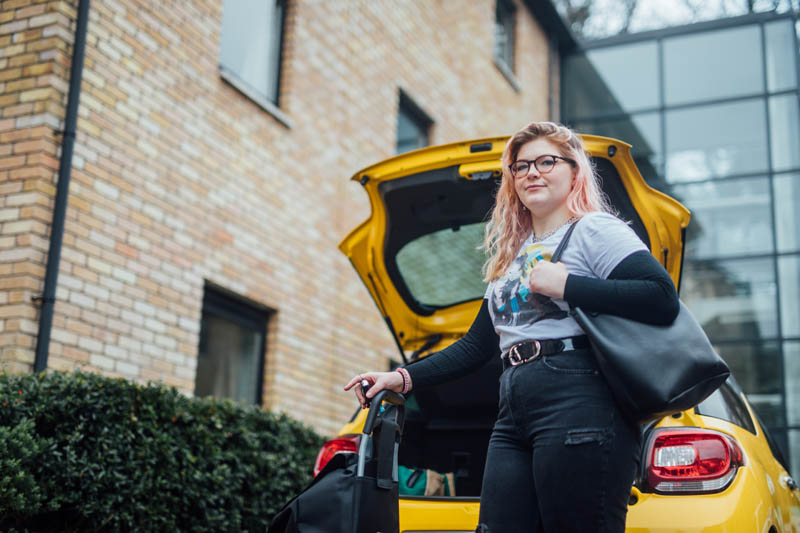
I learned that I had something called hyper-vigilance that was linked to PTSD. What that means was that I was convinced at all times I wasn’t safe and something bad was going to happen at any moment. You can never let go, you’re on the verge of panic the whole time. A diagnosis isn’t a goal in itself, but it gives you something to work with – to hold on to. A label means you have perspective, and that can be helpful for other people around you too, you know?
I also have some physical issues, including chronic pain, that can affect my mental state, as well as my general quality of life. They’re clearly linked. But I’m aware of that too and try to be watchful. Mental health issues are still health issues. Illness is illness.
It took a while for me to start seeing light at the end of the tunnel, but now I can
The worst moment was a major depressive relapse I had last summer. I just couldn’t see a way ahead. It caught me by surprise. I’d be feeling OK, and then all of a sudden I wasn’t. There wasn’t any one event or trigger. It got worse and worse. I was feeling completely hopeless. But I was able to get help when I really needed it and I feel I’ve turned a corner. It took a while for me to start seeing light at the end of the tunnel, but now I can. There’s a long way to go, but I’m starting to feel like myself again.
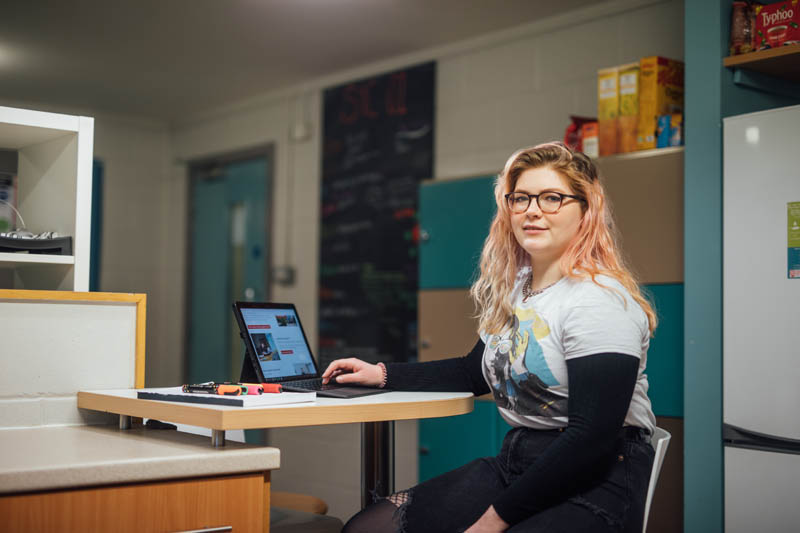
Before COVID I was generally able to separate my QUB life from my personal life fairly well. That’s become more difficult as most meetings with friends are now done over Zoom calls, and most of my lectures and course work are being delivered online as well. In one way, this has actually reduced my anxiety, which was particularly associated with crowded public places. On the other hand, there’s more isolation, which can be difficult. But I'm learning to deal with the situation, managing a little better each time that a symptom or a warning bell sounds.
Things looked hopeless for a time but I got the help I needed. And I’m learning to deal with the situation a little better each time that a symptom or a warning bell sounds.
Orla Brady
Student, Criminology and Sociology
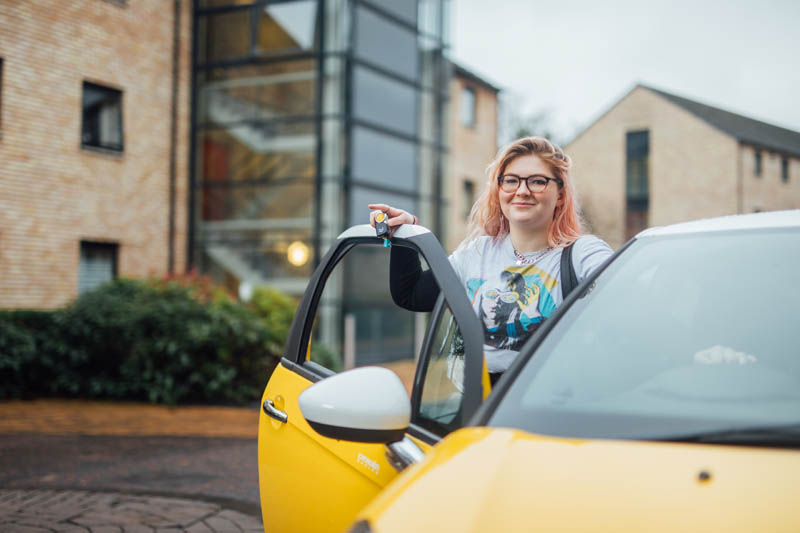
Get Support
Mental Health issues can affect anyone at any time. But confidential, professional help is available through the University.
To find out more, click the button below:
#QUBeWell
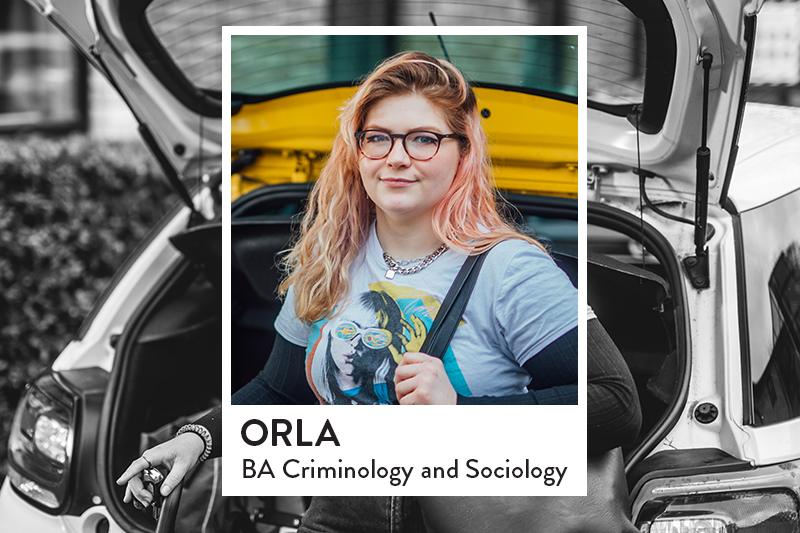
It took a while for me to see light at the end of the tunnel, but now I can
